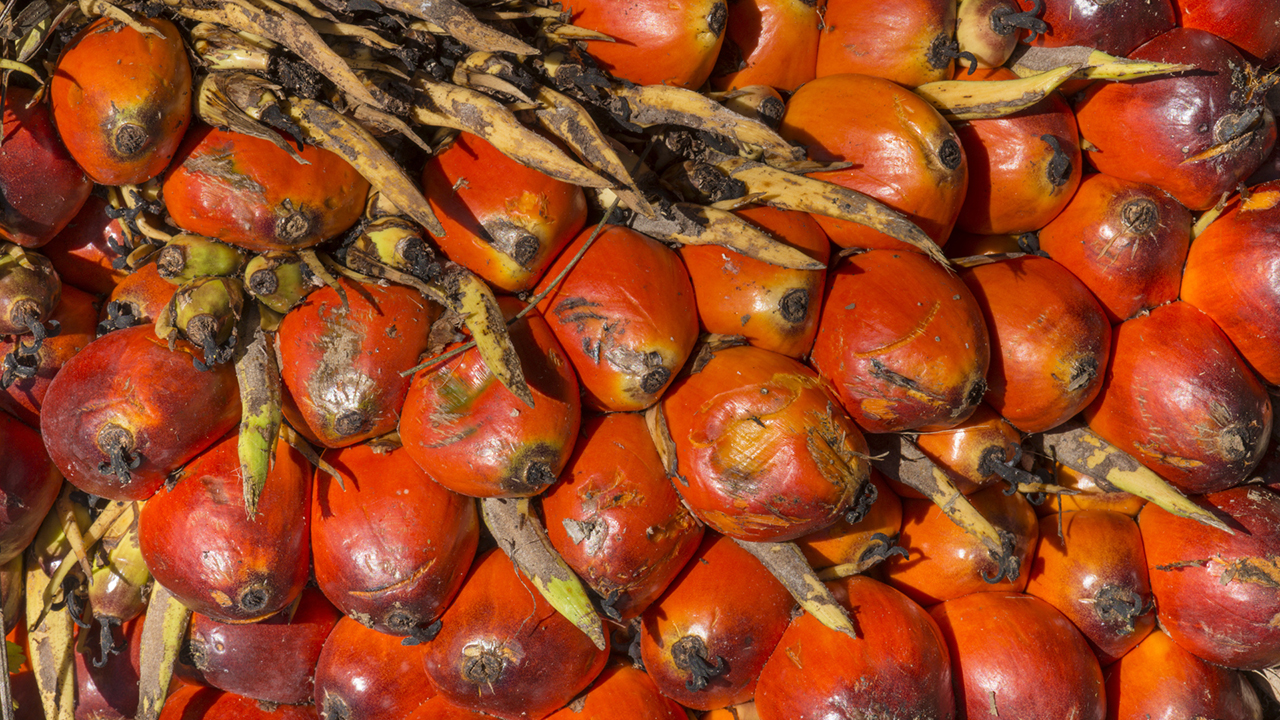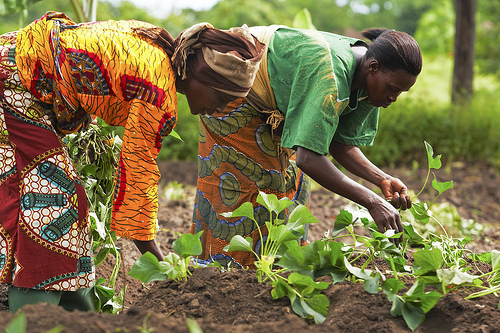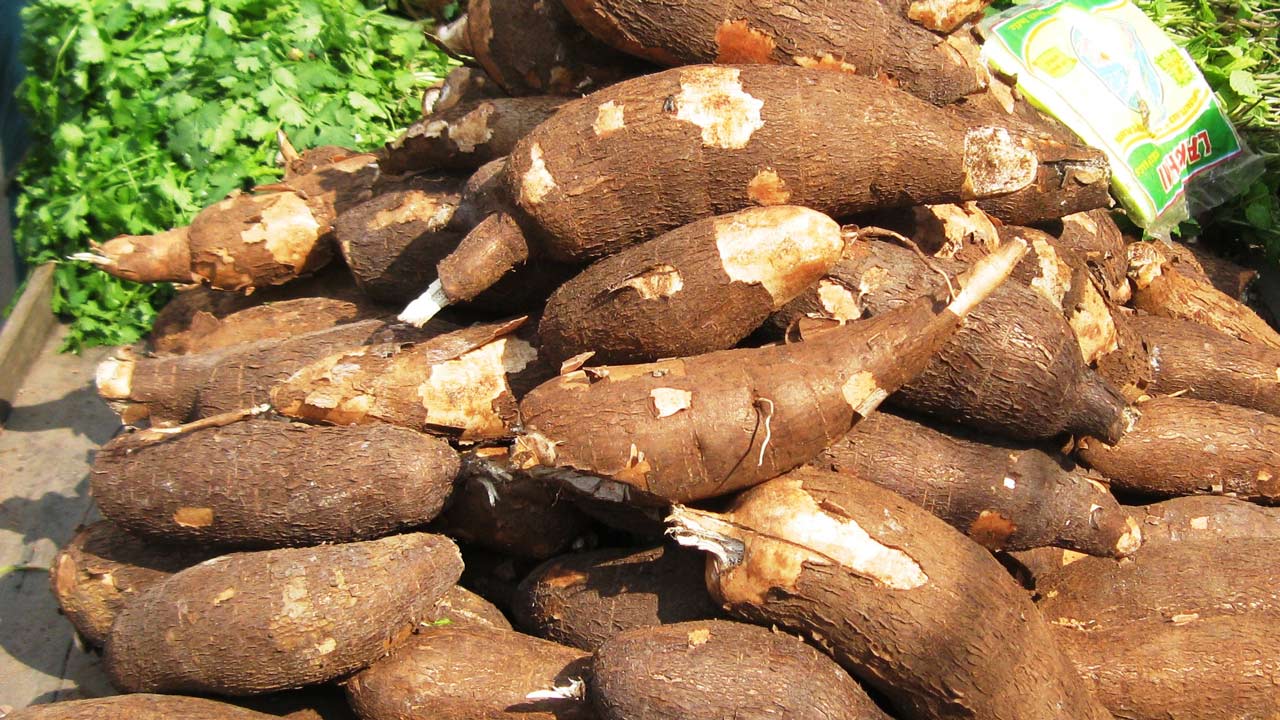
What exactly are your requests?
Currently, the major concern of the forum is the influx of imported crude palm oil and vegetable oil despite the extant policy prohibiting importation of refined vegetable oil into the country.
Anyone is free to import crude palm oil into the country from anywhere, but it is subject to payment of 35 per cent duty if not produced in ECOWAS country. That duty comprises 10 per cent tariff and 25 per cent levy. The tariff is in compliance with ECOWAS agreement, but here to protect the local industry, an additional levy of 25 per cent is added.
The concern of POFON is that those that are importing crude palm oil and circumventing the payment of the levy of 35 per cent. They are able to do that by not bringing the crude palm oil through the Nigerian ports. They rather bring through the ports of the neighbouring countries and pay the 10 per cent duty in those countries and now export to Nigeria under the ECOWAS trade liberalization scheme, compared to another company bringing it in through the Nigerian ports and paying 35 per cent duty.
So, there is an imbalance in competition between those importing legally and those smuggling through the neighbouring countries. Both those importing legitimately and those producing crude palm oil locally are disadvantaged.
The question we ask is that how can countries that are not producing enough for themselves be exporting to Nigeria? Despite all challenges, Nigeria is still the largest producer of crude palm oil in Africa. All countries in Africa are net importers, and therefore cannot be exporting to other countries. You cannot be importing from Malaysia as a country and at the same time be exporting to Nigeria.
What can the government do to stem the smuggling?
The government has to wake up. You do not make a law if you cannot enforce the law. And you do not make those who are toiling days and nights to lift the economy of the country to suffer losses by not protecting them. They are producing locally, paying taxes, employing workers and do community development like it is not done elsewhere in the world.
Just last week, a crude palm oil producer had the power transformer supplying electricity into his factory blown up overnight. Production had to stop and he had to make an emergency replacement by procuring another transformer with N12 million so that production could continue. And, the electricity distribution company is not replacing that transformer, but it would bring its bill. In which other country of the world will that happen?
So, our people are producing under this kind of condition, yet they are not getting the support they need from the government.
What do you suggest the government should do to stop smuggling now that the borders are porous and the Custom Service appears inefficient?
This is a border issue. This is not an issue within the reach of you and I. If we are neighbours, you should be able to protect me; you should not be an accomplice to intruders. I think the neighbouring country that is not supporting Nigeria to enforce the Nigerian law is an accomplice, and that country cannot claim to be a friend.
Given the brotherly role Nigeria plays in supporting the economies of its neighbours, they cannot be subverting its economy and still expect the support. Why should Nigeria suffer because it wants to assist other neighbouring countries?
The current government should do what a past government did. There was a time when car snatching was very rampant in this country, if you recall, and the government then had to invite the president of the neighbouring countries and said, “cars are snatched from my country and taken to your countries. If you are receiving the stolen cars you are the number one suspect and you have to stop it.”
I think the country gave an ultimatum to close the borders, and the crisis became history. That was the beginning of the end of the inter-border car snatching, especially in Lagos State.
This time too, I expect the Nigerian government to listen to the local producers, the farmers and understand their plights, support them, and talk tough to the neighbouring countries subverting our policies.
If that happens, there will be improvement in the economy. If the countries do not create the avenue for subverting the Nigerian economy, smuggling will reduce and the pressure on the Nigerian Custom will reduce.
Do you suspect that some Nigerians have built up storage facilities in Benin Republic from where they import to Nigeria?
That was part of the game. Part of the game is that some Nigerians have built storage tanks and they import into that country and export to Nigeria under the ECOWAS treaty.
Two, I am told that crude palm oil laden ships come into their ports and the import papers are re-arranged [doctored] to show that the ship is not coming from Malaysia, that it is coming from a West African country and this is shipped into Nigeria. When the documents show it is from West Africa, the levy of 25 per cent is not paid.
What we are saying is that the Nigerian Custom service should find out that: do these countries have capacities to produce the product? They should ask details about the name of plantations that produced it; the sizes of the plantations and that capacities of their mills. Let us also see that they have enough disclosure to show that the country could produce it. For instance, some of our members public-quoted companies and their annual reports are available online. Their revenue, their income in that year and taxes paid to the government are declared.
So, are you saying that ECOWAS liberalization treaty is more of a curse than a blessing to the country?
On the face value of the ECOWAS protocols, definitely they are good, but we can now see that on a practical term, we are experiencing adverse effects, especially in Nigeria more than the expected positive results.
As far as palm oil is concerned, as far as vegetable oil is concerned, yes it is a curse. The neighbouring countries should key into our prohibition policy to make sure that such things do not pass through their borders into Nigeria because that is smuggling and any country allowing that is an accomplice to smugglers.
How do crude palm oil producers cope with the electricity challenge in the country?
I just gave you an example of our member whose transformer got blown up overnight and procured a N12 million worth of transformer.
Well, it is when you receive power that you would use it for production. If not, you run on power generators and burn AGO.
Can you give us an estimate of the number of people employed by palm plantation owners and processors around the country?
I am giving you these examples because some of our members are publicly quoted companies and the facts can be extracted in their annual reports. I can tell you that the likes of Okomu Oil and PresCo employ close to 4000 workers on the plantations each, both expatriates and Nigerians.
Apart from the workers the major plantations employ directly, these plantations impact positively on rural economies, create indirect employment through transportation, marketing and other companies using their products also employ workers along the value chains.
So, we are looking at overall effects on the economy.
[ad unit=-2]






